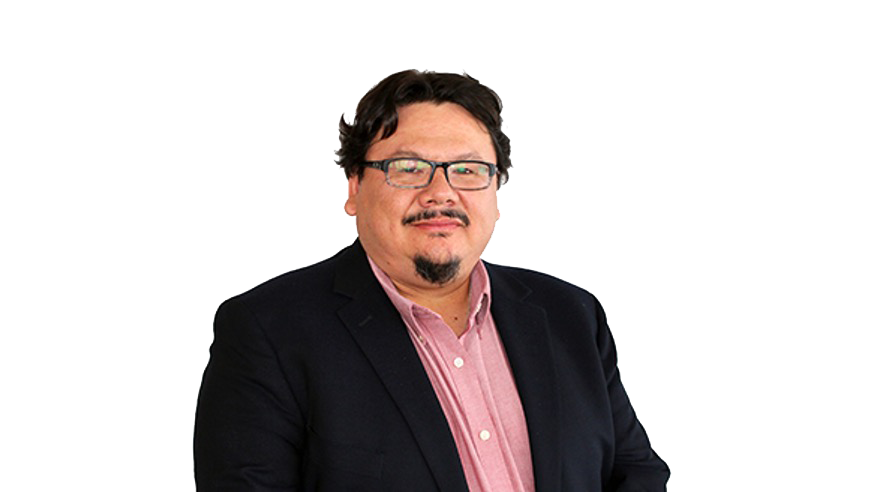May 20, 2021
We sat down (virtually) with Davey Bobbish, President and CEO of the Cree Development Corporation to discuss the importance of Indigenous partnership and consultation within the development process of the Eeyou Istchee territory.
Tell us a bit about yourself. What’s your background and how are you involved with the Cree Nation?
I’m a former Chief of the Chisasibi community. I reside in Eeyou Istchee and I’ve been working for the Cree Nation ever since college. I was first elected as a council member for my Nation when I was 24 and I’ve been a part of it ever since.
I am trained in finance, so I was our director of finance for many years and then worked for a local construction company that was owned by the community. Two years later, I became the director of operations at the age of 29 and stayed in that role for nine years.
From there, I was proud to be elected as the Chief of my community in 2012. I had that role for eight years. Because of my history with the Cree Nation, I was approached by the Nation to head up a new project within La Grande Alliance, the Cree Development Corporation (CDC).
Describe the CDC to us in your own words.
Its primary function is an investment vehicle, but it is so much more than that.
The CDC is critically important for industry but also for communities. For far too long Indigenous communities were cut out of the decision-making process regarding how to develop our own land.
La Grande Alliance and the CDC allow our community to make decisions on when and where developments should happen within our territory. It also helps us to ensure the traditional way of life always exists, while protecting the important parts of our land. I’m very proud of the work we do.
How have you seen Eeyou Istchee change over time?
Years ago, well before La Grande Alliance was formed, there were many projects introduced without any consultation in our territory. This led to tension among the Indigenous communities and the people developing our land, with many communities not wanting further development because of the risk of permanent damage to the territory.
However, now I see more of a shift in recognizing the importance of employment in the territories. Youth are coming to me asking for employment opportunities within the mines. And because of this need and want within our Nation, more communities are allowing mining development because they know we have agreements in place that allow this industry to thrive in a sustainable way.
When the Cree Nation have a say in the protection of our land, we can fulfill our obligation to future generations while also reaping the benefits of employment and income that result from this responsible development. It’s a very positive step forward and we as a Nation feel our concerns and our best interest are being taken into account. People in our communities depend on jobs to earn income, but also want to be able to continue practicing our way of life.
How do you see Eeyou Istchee evolving over the next 30 years?
Looking at the community level, we need meaningful employment where jobs exist all year round. Most of the jobs within the Cree Nation are construction based, which of course, is seasonal. But if you have a mining project that can go on for 15 to 20 years, people will have the ability to buy a house and pay for it. When you invest in infrastructure, you’re going to prompt development. Working with these industries ensures we can do that, but still protect what we have.
What does it mean to you that La Grande Alliance has formed?
Because of the James Bay and Northern Québec Agreement (JBNQA) and the work we’re doing with La Grande Alliance, we get to decide what happens in our territory. This is what drove me to take this role. Working directly with the Quebec government gives us the desperately needed voice in deciding what happens for our land now, and for our future generations.
It allows us as a community to look after the land and find the balance between protection and development. The beauty of the agreement is that it provides an opportunity for our future generations to have the choice of pursuing the traditional way of life or to engage in the wage economy. Choice is a powerful thing and something we as the Cree Nation deserve.
